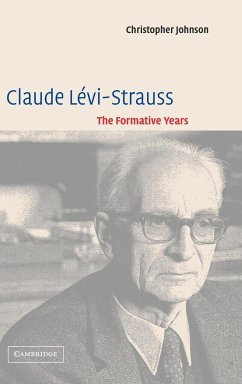Lévi-Strauss is one of the major intellectual figures of the twentieth century. His theory of structuralism has been influential not only in anthropology, but across the entire field of the humanities and social sciences. This book looks at the formative period of his career, from the 1940s to the early 1960s, where he attempts to define both his own place in anthropology and the place of anthropology in the wider context of the human sciences in France. Through a close reading of key texts, Christopher Johnson provides an introduction to key aspects of Lévi-Strauss' thought, at the same time posing more general questions concerning the construction of theory and the different modes of conceptualization that inform theory. Johnson looks at the ideological and autobiographical dimensions of Lévi-Strauss' work, and demonstrates how the impact of structuralism as an intellectual movement has clearly been greater than the sum of its theoretical parts.
Bitte wählen Sie Ihr Anliegen aus.
Rechnungen
Retourenschein anfordern
Bestellstatus
Storno



![Archivum Eurasiae Medii Aevi VI (1986)[1988] Archivum Eurasiae Medii Aevi VI (1986)[1988]](https://bilder.buecher.de/produkte/40/40429/40429885m.jpg)





